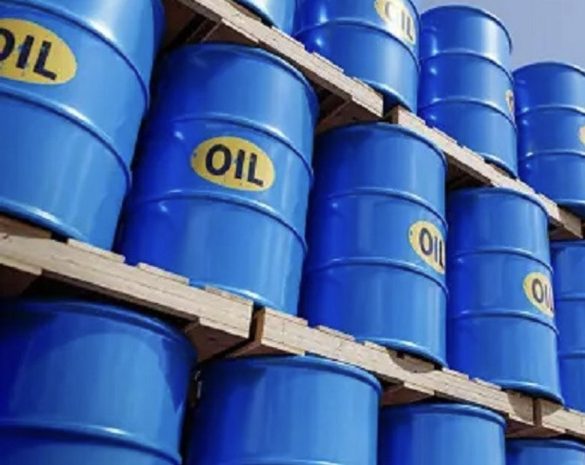KEY POINTS
- Senegal is intensifying efforts to join OPEC, leveraging recent oil and gas growth and prior membership in GECF to garner support.
- Efforts include diplomatic outreach to OPEC capitals, implementation of policy and regulatory reforms, and preparation for charter signing at a planned meeting in Vienna next year.
- Full membership would grant Senegal access to production decision-making corridors and boost its credibility as a key energy player in West Africa and beyond.
Senegal’s government is ramping up diplomatic efforts to gain full and observer membership in the Organisation of Petroleum Exporting Countries, OPEC, aiming to elevate its status as a significant oil and gas producer on the global stage.
In recent weeks, officials in Dakar have redoubled efforts to convince OPEC members—particularly Saudi Arabia, the world’s largest crude exporter—to back Senegal’s overture to the Vienna-based cartel.
To secure entry, Senegal must navigate complex political and economic negotiations and secure support among OPEC decision-makers.
Pushing for Recognition: Senegal’s Strategic Campaign to Join OPEC
Senegal’s energy ministry has signalled that securing observer status with OPEC could be a precursor to full membership, enabling the nation to influence production agreements and gain access to strategic oil policy platforms.
Government sources also point to plans for further alignment with industry standards, enhanced transparency, and oil output discipline to strengthen its candidacy, with a potential charters-signing expected at a ministerial meeting in Vienna next June.
The move comes against a backdrop of growing domestic oil production. Projects such as Woodside Energy’s Sangomar development have elevated Senegal’s crude output significantly, while the Greater Tortue Ahmeyim LNG project (in partnership with Mauritania) is projected to serve both regional markets and external export demand. Senegal’s ambition is to move from relative newcomer to respected peer among oil-exporting African nations.
The entry into OPEC would not only raise Senegal’s global profile but also shape its fiscal planning—allowing Dakar to better forecast revenues, diversify its energy partners, and open channels to negotiate quotas and oil-price safeguards.
Industry analysts caution that Senegal must overcome two key hurdles: first, addressing concerns over recent reforms and regulatory consistency; second, gaining the political blessing of dominant OPEC members, especially Saudi Arabia, whose support is critical. Observers also note that joining the Gas Exporting Countries Forum (GECF) as an observer in 2023 has helped lay groundwork for OPEC engagement.
Looking ahead, the country’s next steps include internal energy policy reforms, refining its governance of hydrocarbon contracting, and pursuing partnerships with major oil firms to boost reserves and production. Its international lobbying campaign is ongoing, with high-level meetings expected throughout late 2025 and into 2026.



